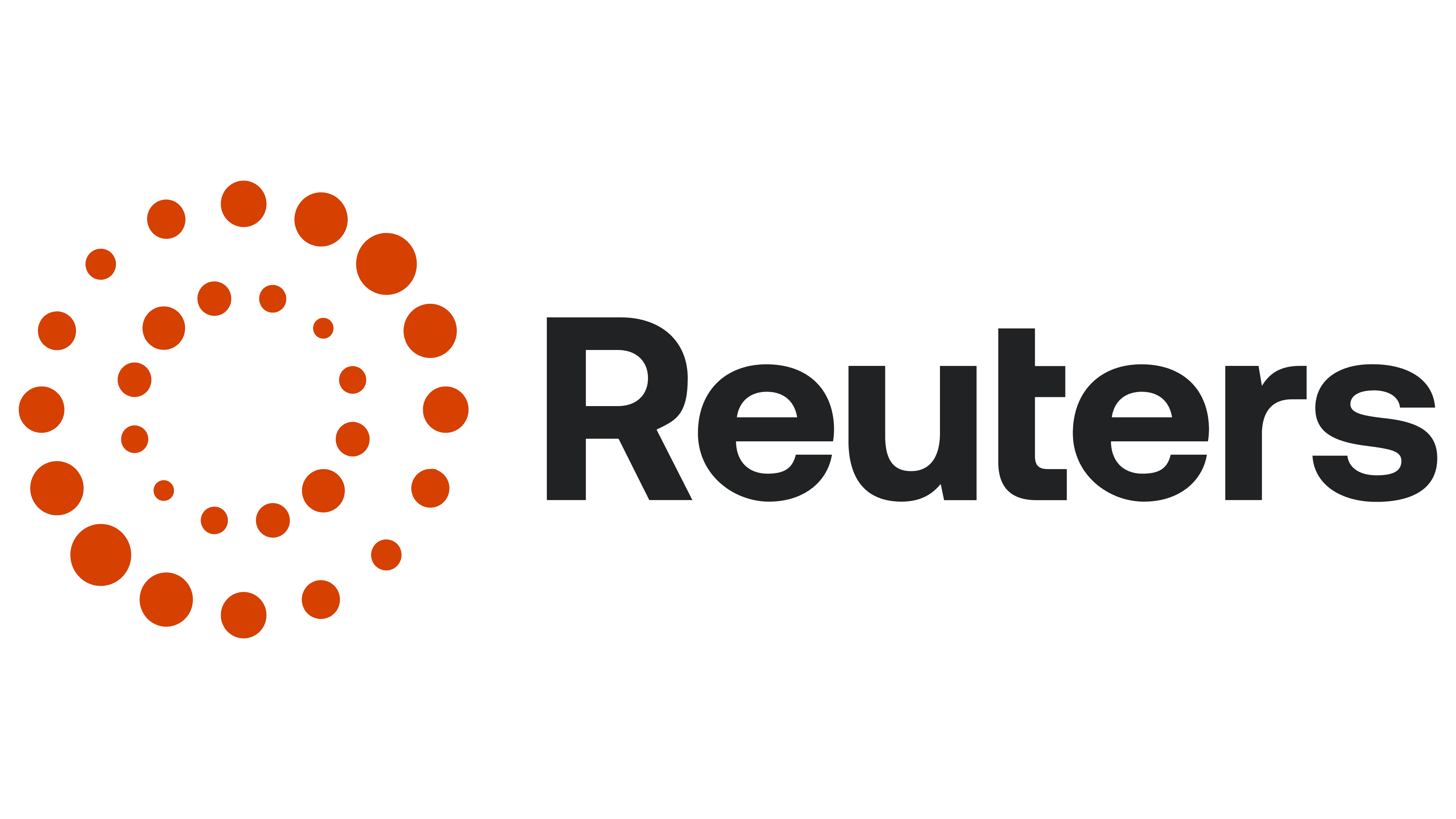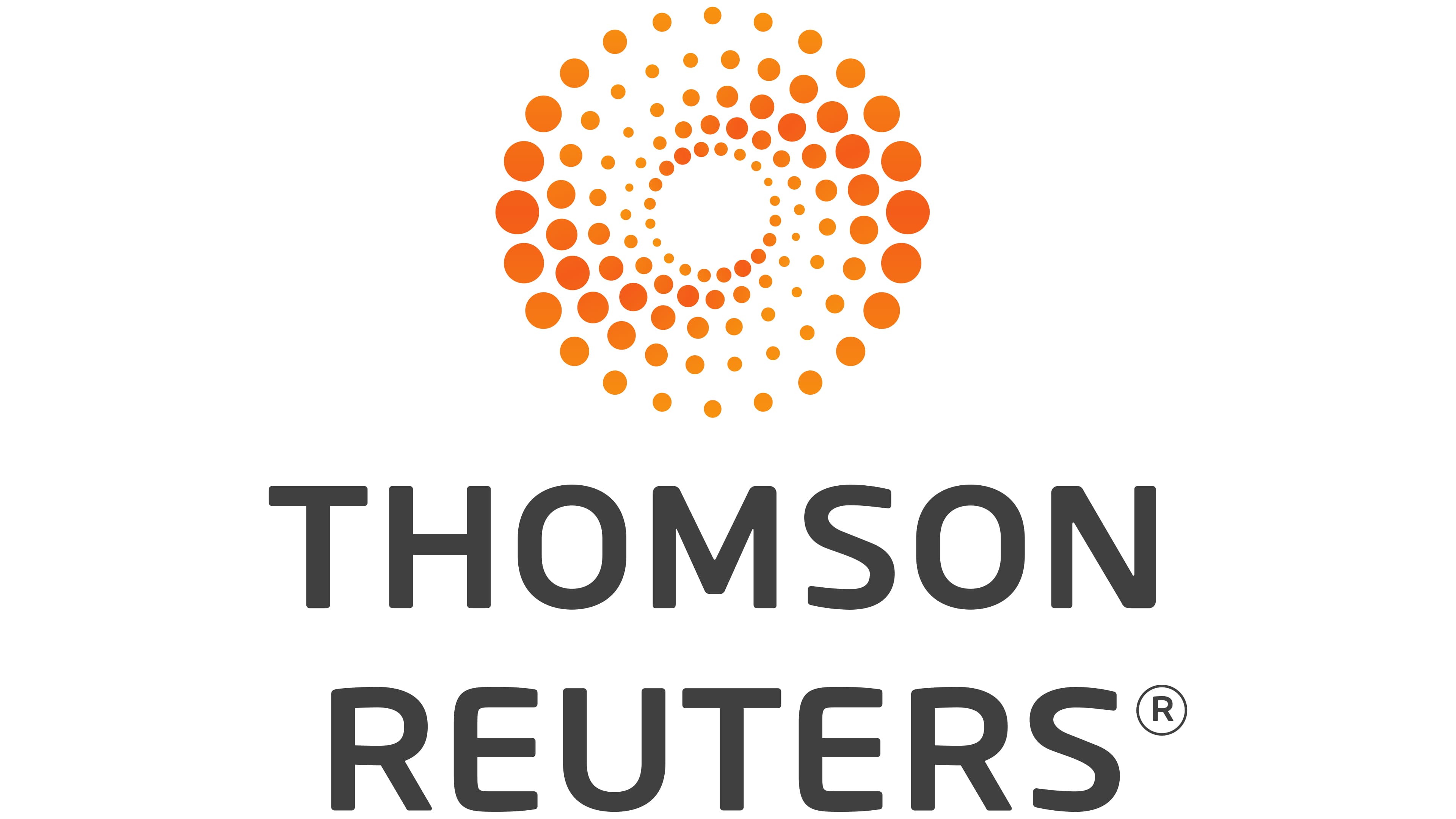It feels like everyone is talking about trust in news these days, and it's a big deal for sure. With so much information flying around, people often wonder about where their news comes from and who might be influencing it. This is why claims about a "reuters crooks actblue donation" really get folks thinking. It's natural to question things, especially when it comes to the sources we rely on for what's happening in the world.
There's a lot of chatter online, you know, and sometimes these discussions bring up questions about the connections news organizations might have. When a phrase like "reuters crooks actblue donation" pops up, it naturally piques curiosity. People want to understand if there's any truth to such claims, and what they could mean for the news they consume. We're going to talk about these sorts of things, actually, to help make sense of it all.
So, we'll look into what Reuters says about itself, what ActBlue is, and then we'll consider the claims people are making. It's pretty important to get a clear picture of these things, especially when you're trying to figure out if your news sources are giving you the straight story. We'll explore this together, just a little, to give you some background.
Table of Contents
- Understanding Reuters: A Global News Presence
- What is ActBlue and How Does It Work?
- Examining the "Reuters Crooks ActBlue Donation" Claims
- Why These Claims Matter for News Consumers
- How to Approach News with a Critical Eye
- Frequently Asked Questions
- Putting It All Together: Your Role as a News Consumer
Understanding Reuters: A Global News Presence
Reuters, as a news organization, has a very long history. They say they bring you the latest news from every part of the world at reuters.com, like your go-to place for breaking international news. It's meant to be your online spot for current events and world stories, making sure their readers stay up to date with any big news as it happens. That's pretty much their stated goal, you know, keeping people informed.
They also mention catching up on their global conferences, like Reuters Next Asia, where they brought together many global leaders. These gatherings apparently aim to talk about big problems and chances the world faces. You can also find the newest stock market news from everywhere at reuters.com, which they say is your online spot for breaking international market and money news. So, they cover a lot of ground, in a way, from politics to finance.
Reuters tells us they have around 2,500 journalists and 600 photojournalists working in about 200 places across the globe. They speak about the "power of Reuters" and how they help people supercharge their content with breaking news and multimedia stuff from 2,600 journalists in 165 countries. They also say they are a top global source for news and have been giving out content and information to media groups, tech companies, governments, and businesses for a while now. They want you to stay ahead with their breaking news content, which is their aim, honestly.
What is ActBlue and How Does It Work?
Now, let's talk about ActBlue. This is an online platform that helps people give money to political campaigns and charities. It's a tool, basically, that makes it easier for many different groups to collect small donations from a lot of people. Think of it as a central hub for fundraising, particularly for Democratic candidates and progressive causes in the United States. It's pretty well-known for that, as a matter of fact.
When you hear about ActBlue, it's usually in the context of political giving. They process millions of donations, connecting individual givers with the campaigns or organizations they want to support. They take a small fee from each donation to cover their operating costs, but they don't endorse specific candidates or causes themselves. They are just the technology that makes the money transfer happen, you know, a service provider.
So, if someone wants to support a particular political candidate or a group working on a specific issue, they might use ActBlue to make their donation. It simplifies the process for both the donor and the recipient. It's a widely used platform in American politics, and it's a big part of how many campaigns get their funding these days. This is how it works, more or less, for many people.
Examining the "Reuters Crooks ActBlue Donation" Claims
The Nature of the Allegations
When claims about "reuters crooks actblue donation" pop up, it's usually someone suggesting that Reuters, as a news organization, is somehow involved in or benefiting from political donations made through ActBlue. The word "crooks" in the phrase implies wrongdoing or dishonesty, suggesting that any connection would be improper or even illegal. People who use this phrase are often trying to point out a perceived bias or a conflict of interest. It's a pretty strong accusation, honestly, that gets attention.
It's important to remember that Reuters itself is a news agency. Their business model, as they describe it, involves licensing content to other media organizations, governments, and corporations. They are not typically set up to make political donations themselves, nor are they a political action committee. So, when people talk about "reuters crooks actblue donation," it's worth considering the exact nature of the alleged connection. Is it about individuals who work at Reuters, or the organization as a whole? That distinction really matters, you know.
Sometimes, these sorts of claims can come from misinterpretations or from taking isolated pieces of information out of context. For instance, if an individual journalist who works for Reuters makes a personal donation through ActBlue, that's different from the entire Reuters organization making a donation. News organizations usually have policies about their employees' political activities to try and maintain impartiality. So, it's about looking at the details, you know, to understand what's actually being said.
Media Funding and Transparency
The discussion around "reuters crooks actblue donation" also brings up a bigger point about how news organizations get their money. All news outlets have some way of funding their operations, whether it's through subscriptions, advertising, or licensing their content. How a news group is funded can sometimes raise questions about its independence. This is a topic many people care about, very much, especially now.
Transparency about funding is something many people want from news sources. They believe knowing who supports a news organization helps them judge the information they receive. For Reuters, as mentioned earlier, their model involves licensing content to a wide range of clients globally. This is different from, say, a news outlet that relies heavily on a single donor or a specific political group. It's a different way of doing business, in a way, that they explain.
When allegations like "reuters crooks actblue donation" surface, they highlight the public's desire for clear information about media connections. It's a reminder that people are looking for reasons to trust or distrust what they read. Understanding the different ways news organizations are supported can help you make your own judgments about their reporting. You can learn more about media transparency on our site, which might help.
Why These Claims Matter for News Consumers
Claims like "reuters crooks actblue donation" matter because they can chip away at public trust in news. If people believe a news source is biased or has hidden agendas, they might stop relying on it for accurate information. This is a problem because a well-informed public needs to have faith in the news they get. It's pretty fundamental, actually, for a healthy public conversation.
When trust goes down, it can make it harder for people to agree on basic facts, which can lead to more division. People might start looking only for news that confirms what they already believe, rather than seeking out a full picture. This can create echo chambers, where different groups of people live in different information worlds. It's a real concern, you know, for how we all talk to each other.
So, even if a claim about a "reuters crooks actblue donation" turns out to be based on a misunderstanding or is simply false, the mere existence of the claim can cause damage. It puts the burden on news organizations to constantly show their commitment to fairness and accuracy. And it puts the burden on us, as news consumers, to think critically about what we hear and read. It's a two-way street, you know, in some respects.
How to Approach News with a Critical Eye
In a world where phrases like "reuters crooks actblue donation" can spread quickly, it's super important to be a smart news consumer. The first step is to always question what you read, no matter where it comes from. Don't just take headlines at face value. Click through and read the whole story, if you can, to get the full picture. That's a good habit to get into, basically, for everyone.
Another good tip is to check multiple sources. If you hear a claim about "reuters crooks actblue donation" or anything else, see if other reputable news organizations are reporting on it. If only one place is saying something, it might be worth being a bit more skeptical. Look for different perspectives, too, to get a well-rounded view. It's about being thorough, you know, in your own way.
Also, try to understand the difference between opinion pieces and straight news reporting. News articles are supposed to present facts, while opinion pieces share someone's view. Sometimes, it's hard to tell the difference, but good news sites usually label them clearly. This can help you sort through information and decide what to believe. You can find more details about evaluating news sources on our site, too it's almost a necessity these days.
Consider the source's stated mission and its history. Reuters, for example, says its mission is to provide unbiased news globally. Does their actual reporting match that claim? Look at who owns the news organization and how they are funded. Websites like OpenSecrets.org can offer insights into political donations and funding for various groups. This kind of research can give you a better idea of any potential leanings. It's about doing your homework, you know, just a little.
Finally, be aware of your own biases. We all tend to prefer information that confirms what we already think. This is called confirmation bias. Actively try to seek out information that challenges your views, even if it feels uncomfortable. It helps you grow and understand different perspectives. This is a vital part of being an informed citizen, you know, in a way.
Frequently Asked Questions
Here are some common questions people often ask about news sources and funding:
Is Reuters a biased news source?
Reuters states its aim is to provide unbiased, factual news coverage from around the world. They talk about having a global network of journalists focused on breaking news and market information. Whether a news source is seen as biased can depend on individual interpretation and what kind of information a person is looking for. It's something people debate, you know, quite a bit.
Who funds Reuters?
Reuters is part of Thomson Reuters, a larger company. Reuters itself makes money primarily by licensing its news and data content to other media organizations, financial institutions, businesses, and governments globally. They are not funded by individual donations or political campaigns. This is their business model, as they describe it, very clearly.
What is ActBlue?
ActBlue is an online platform that helps people make donations to political campaigns and non-profit organizations, mostly for Democratic candidates and progressive causes in the United States. It acts as a processing service for these donations, making it easier for many small donors to contribute. It's a widely used tool for fundraising, you know, for certain groups.
Putting It All Together: Your Role as a News Consumer
Understanding claims like "reuters crooks actblue donation" is part of being an active and thoughtful news consumer in today's world. It's not about instantly believing or dismissing everything you hear. Instead, it's about asking good questions, looking for facts, and considering the source of information. Your ability to do this helps keep news organizations accountable and helps you build a clearer picture of what's truly going on. It's pretty important, honestly, for everyone.
So, the next time you come across a strong claim, take a moment to pause. Look for evidence, check other sources, and think about the possible motivations behind the claim. Your active participation in evaluating news is what makes a difference. Keep asking questions and keep seeking out reliable information. That's how we all stay informed and make sense of things, you know, at the end of the day.



Detail Author:
- Name : Mr. Wellington Greenfelder
- Username : elangworth
- Email : ruth.will@yahoo.com
- Birthdate : 1971-01-23
- Address : 2852 Waylon Forks Katarinamouth, TX 81449-6212
- Phone : (260) 435-3170
- Company : Watsica and Sons
- Job : Infantry
- Bio : Unde voluptates ut dolorem et. Non perferendis perspiciatis est nulla est quia qui. Nihil quas aut ullam. Occaecati nihil quos blanditiis quia consequatur. Nisi magnam maiores debitis corrupti.
Socials
instagram:
- url : https://instagram.com/lebsack1978
- username : lebsack1978
- bio : Sed unde dolores dolores. Odio et architecto rem. Iusto esse accusamus nobis quasi aspernatur.
- followers : 1935
- following : 1954
linkedin:
- url : https://linkedin.com/in/ollie.lebsack
- username : ollie.lebsack
- bio : Et qui animi tempore vel sed.
- followers : 6520
- following : 1332

